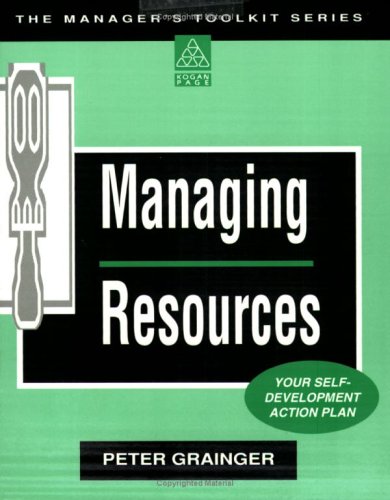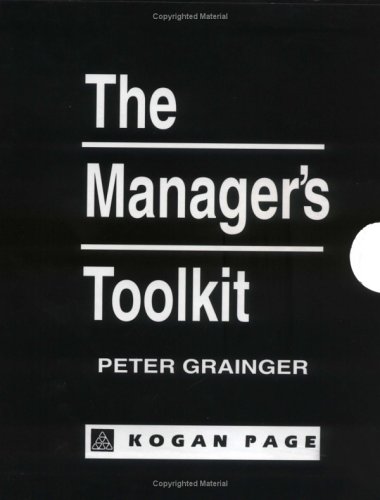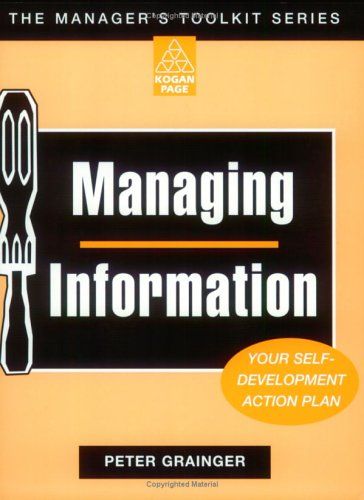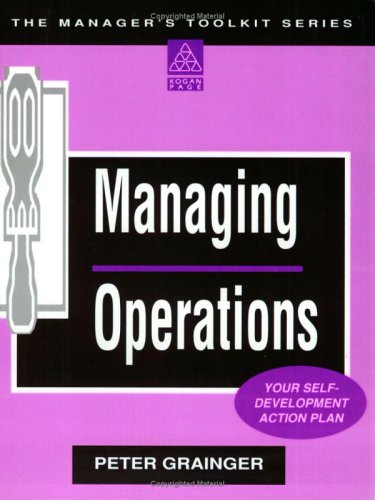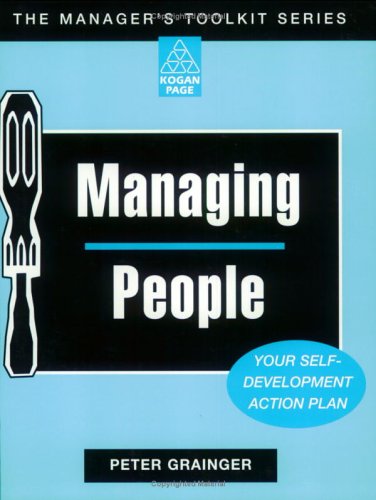Manager's Toolkit S.
5 total works
This distinctive new series provides a tightly structured self-development programme covering 12 essential management skills. Based on the author's proven method of training, used across a wide range of organizations, the texts are linked to the four key roles of the Management Charter Initiative Standards of Management Competence. This workbook examines in depth the essential skills required to manage resources effectively - systematic decision-making, presentation and persuasion skills and monitoring skills. The chapter on systematic decision-making is focused on staff selection, but applies equally to the selection of all high-cost resource items. An examination of presentation and persuasion skills ensures that resources are effectively deployed. Practice in effective monitoring techniques will enable managers to make certain that resources deployed within operations actually achieve the desired results.
This four-book set contains the books Managing Information, Managing Operations, Managing People and Managing Resources from The Manager's Toolkit Series.
This distinctive new series provides a tightly structured self-development programme covering 12 essential management skills. Based on the author's proven method of training, used across a wide range of organizations, the texts are linked to the four key roles of the Management Charter Initiative Standards of Management Competence. This "stand-alone" workbook identifies three key information processing skills for managers - running meetings, sorting out key issues and communicating with staff on a regular basis. Preparing for a meeting and getting the required results are dealt with as a series of behavioural steps, while resolving unmanageable issues is demonstrated by the use of the multipurpose focusing process.
This workbook explores the skills required by managers in order to create and maintain the daily working practices of an organization. It explores the clarification of individual roles, the specification of targets and standards, and the establishment of controllable working plans. In addition to providing step-by-step guidelines of practices, the text incorporates information on practical delegation, involvement, customer care and the impact of leadership styles. It encourages managers to develop their own individual styles and talents.
This distinctive new series provides a tightly structured self-development programme covering 12 essential management skills. Based on the author's proven method of training, used across a wide range of organizations, the texts are linked to the four key roles of the Management Charter Initiative Standards of Management Competence. This particular volume focuses on three core management skills involved in making the most of both individuals and teams. Techniques for brainstorming and building ideas are developed by means of real life exercises. The manager's responsibility for performance and career development is stressed with numerous action steps suggested. The challenging skills of counselling and appraisal are handled in a down-to-earth manner, with concise worksheets and questionnaires confirming each skill learnt.
